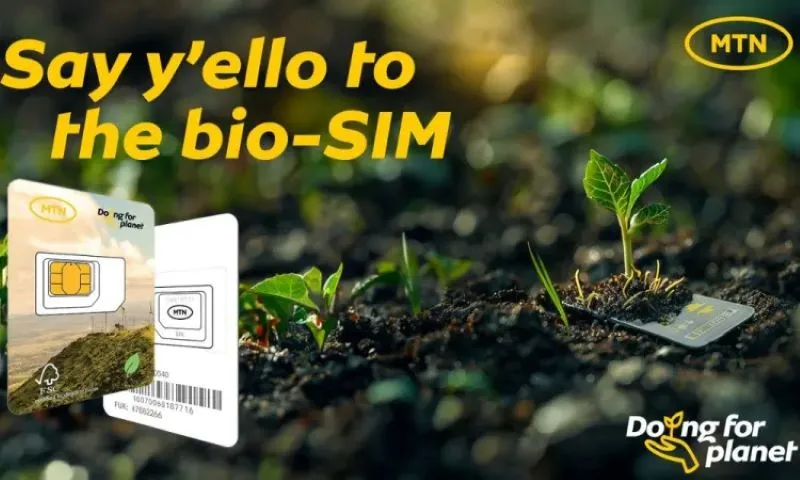The European Union this week outlined the steps that Apple must take to open up its iPhone and iPad operating systems to work better with competing technologies.
It’s the first time the EU has moved to compel a technology company to comply with the bloc’s digital Digital Markets Act — a wide-ranging set of regulations designed to prevent Big Tech “gatekeeper” companies from cornering markets.
After the DMA took effect a year ago, the EU’s executive Commission moved swiftly to open a raft of investigations into Big Tech companies.
Brussels also opened two “ specification proceedings ” in September to spell out what Apple needs to do under the DMA, which aims to make digital markets “fairer” and “more contestable” by breaking up closed tech ecosystems that lock consumers into a single company’s products or services.
In its legally binding decision, the commission detailed measures that the iPhone maker has to take involving nine connectivity features for its iOS operating system.
The measures will give device and app makers better access to iPhone features that work with devices. For example, iPhone users will have “enhanced possibilities” to receive notifications on non-Apple smartwatches, including receiving pictures and the ability to reply to them. Users could also benefit from more seamless pairing of wireless headphones from other brands.
Access to Apple’s wireless file transfer technology would let third-party developers create apps similar to the AirDrop feature.
The commission also laid out a second set of measures to make the process for software developers requesting access to iPhone features more transparent and effective. Among the changes are better access to technical documentation not yet available to third parties, it said.
With its decision, Brussels is “providing regulatory certainty both to Apple and to developers,” the European Commission Executive Vice President Teresa Ribera said in a press release.
“Effective interoperability” for will mean “better choice for consumers in the fast-growing market for innovative connected devices,” she said.
European consumer group BEUC hailed the decision.
“For too long, Apple has operated a walled garden around its products and prevented interoperability,” Director General Agustin Reyna said.
Apple, however, voiced its unhappiness, saying it’s bad for the company’s products and for European users.
“Today’s decisions wrap us in red tape, slowing down Apple’s ability to innovate for users in Europe and forcing us to give away our new features for free to companies who don’t have to play by the same rules,” the company said in a statement.
Apple said it will continue to work with the European Commission to “help them understand our concerns on behalf of our users.”
The Commission also said Wednesday that Google wasn’t doing enough to comply with DMA. Despite making changes, including removing flight listings, Google was still giving preference to its own services in search results, it said.
Google is also failing to let app developers steer users to cheaper options outside its Google Play Store app marketplace, the commission said in preliminary findings. While it’s acceptable for Google to charge a fee for downloading an app in its app store, the company is charging fees that “go beyond what is justified,” for every purchase of digital goods or services, it said.
Google said the EU findings will require the company to make even more changes to how it displays some search results, “which would make it harder for people to find what they are looking for and reduce traffic to European businesses. This is, quite simply, misguided.”
The commission’s app store findings, meanwhile, “create a false choice between openness and security” and risk exposing Europe users to more “malware and fraud,” it added.
Google now has the chance to reply to the findings.

If the commission decides Google is in “non-compliance” with the DMA, it can issue a fine of up to 10% of the company’s annual global revenue. But officials have said that they want to avoid issuing blockbuster fines and instead negotiate with companies to get them to comply.
The EU’s crack down on the global tech industry has irritated President Donald Trump, who recently blasted the bloc’s hefty antitrust fines for U.S. tech companies. Vice-President JD Vance, meanwhile, has railed against excessive AI regulation, in a rebuke aimed at the EU’s sweeping Artificial Intelligence Act.
However, both companies have been under pressure in the U.S. too. Apple is facing a Justice Department antitrust lawsuit accusing it of engineering an illegal smartphone monopoly. Meanwhile, federal antitrust regulators are seeking to break up Google after a federal judge ruled Google’s ubiquitous search engine has been illegally exploiting its dominance to squash competition and stifle innovation.
By KELVIN CHAN







